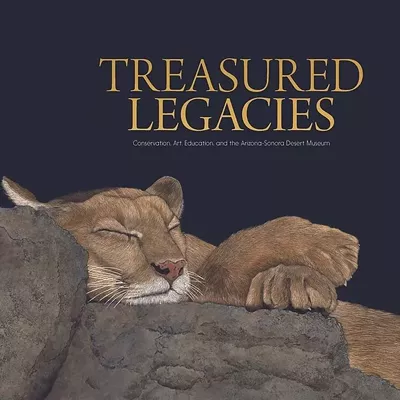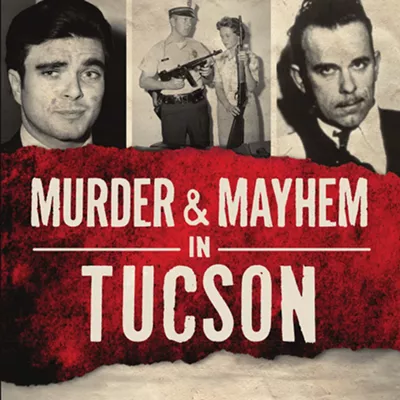I tend to approach laudatory anthology introductions with a smattering of skepticism. Reading Rigoberto González's introduction praising the University of Arizona Press and its Camino del Sol series, however, I was forced to tamp down the skeptic.
For one thing, The Huffington Post had just named our locals among the most innovative presses in the United States; for another, González sits on the board of the National Book Critics Circle. Those folks are no slouches.
This book compiles writing from the Camino de Sol series, begun in 1994 to feature established and emerging writers in Chicano, then Latino, literature (a distinctive field since the late '60s/early '70s). González has selected the work of 37 authors, balancing male and female writers, and traditional to contemporary voices in poetry, fiction and nonfiction. Backgrounds range from Mexican American through Puerto Rican, Costa Rican and Cuban, to Brazilian American; issues, from gender through economics to migration, assimilation and identity—with a constant undercurrent of politics.
Not surprisingly, since they're typically short, the poems provide the most variety. What is surprising—given poetry's reputation as being arcane—is that they also might be the most accessible. Many of them are narrative; some speak directly to political situations. Their images are gritty and concrete, and few indulge in experimental wordplay or esoteric allusion.
Working-class life permeates. The central character in Diana García's poem "When Living Was a Labor Camp Called Montgomery" is only one step away from migrant labor: Fueled by the romance of movies, she "eyed ... [boys] who wanted out / of the fields," and "picked ... / ... a tall man with papers" who offered her a life out of the camps.
Marcos McPeek Villatoro expresses the horror of the murder of peasants in "El Salvador, 1932-1981" through the voice of a young child. The speaker in a poem by David Domínguez gets respite from sausage-stuffing by reminiscing about how his truck-driving grandfather would change into his best black suit after work, polish his trumpet, and head for Club Las Palmas.
Although Camino del Sol pieces are generally stylistically conservative, two poets are exceptions. Maurice Kilwein Guevara brings a fresh eye to a Costa Rican jungle and riffs on Gertrude Stein. The most striking, though, is Juan Felipe Herrera, who, in 2008, was the first Latino to win the National Book Critics Circle award in poetry. His work is humorous, edgy, image-packed, political and sharp. His selections include street-vendor and sassy "immigrant fortune telling machine" speakers; a sonnet invoking murdered singer Selena; and cultural and political commentary in the cyclical poem "Fuzzy Equations."
The fiction and nonfiction sections are a bit less consistent. González includes both short stories and excerpts from novels. Because of their slower character and plot development, the novel excerpts pack less punch. Nonetheless, Braulio Muñoz's flowing, meditative prose style shows off well (The Peruvian Notebooks), and the Kathleen de Azevedo excerpt (from Samba Dreamers) is tough and snappy.
The short stories celebrate culture through modest characters and settings—Patricia Preciado Martin's rules of kitchen and feminine deportment, Sergio Troncoso's chubby but intelligent eighth grader—but Jack Lopez also imbues his tradesman central character with unusual (call them heroic) qualities.
Rigoberto González highlights the work of critic and writer Ray Gonzalez in the nonfiction section. An early promoter of Chicano literature, Ray Gonzalez oversaw the Camino del Sol series at its inception. Passionate about border culture, he writes about his own exile from his El Paso home and about the area's significance historically, culturally and politically. Some of his border predictions have actually been borne out, but read as slightly dated.
The final entry in the collection is a smashing piece on identity, race, culture, class and language. Luis Alberto Urrea opens "Nobody's Son" with his Anglo, Republican mother angrily confronting him one morning about identifying with his Mexican father: "I must have come to represent a one-man wave of illegal aliens to her," he writes, and then he goes on to examine the nature of "American" through names and assimilated words. Both ironic and touching, it's "essay" at its best—personal, with universal qualities; instructive but not preachy; organic in form and voice.
González writes that he began reviewing Latino literature for The El Paso Times in a way that "a doctor, a high school teacher, a factory worker or a retiree" could understand. This vigorous collection could meet that criterion. It's something we all can relish.






